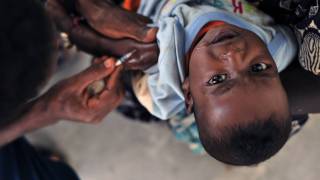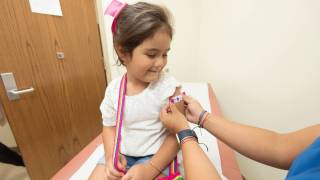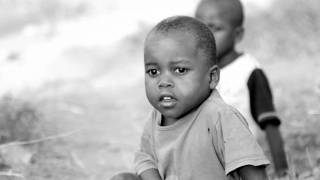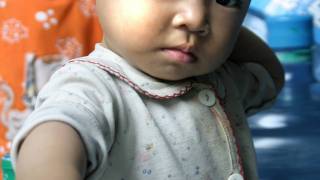Infant Vaccinations Disrupted During COVID-19 Pandemic
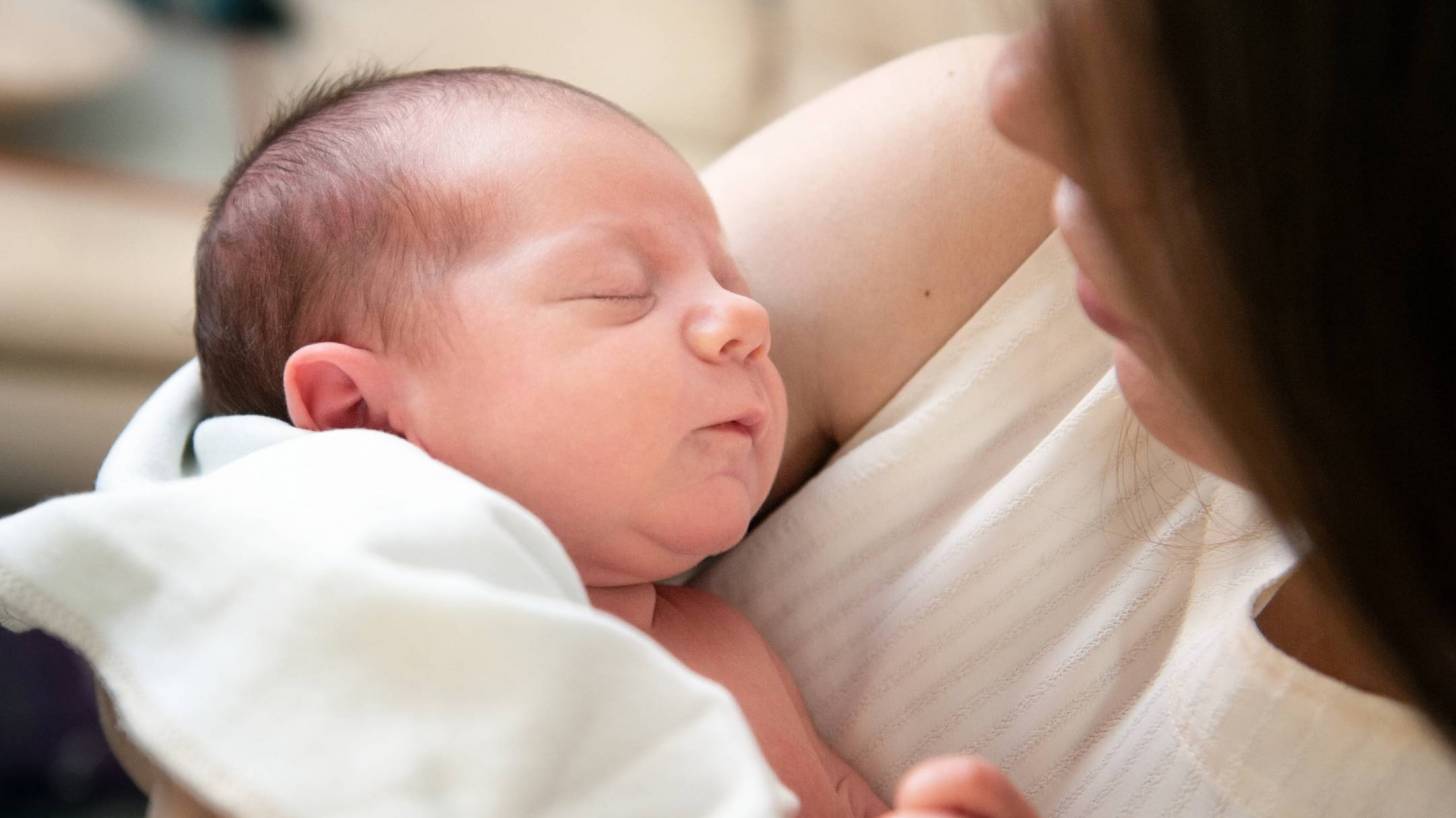
The COVID-19 pandemic has profoundly affected the lives of pregnant women and their infants, resulting in prenatal health care disruptions, stated researchers in a new study published by the JAMA Network today.
These researchers prospectively investigated how maternal experiences predicted vaccination status among infants at 3 to 5 months of age born during the early phase of the COVID-19 pandemic.
This study found ‘mothers with greater concern about perinatal infection and greater birth satisfaction had decreased risk of incomplete vaccine uptake.’
Furthermore, 51 (4.6%) received some vaccinations, 89 newborn children (8%) had incomplete vaccination with 38 (3.4%) receiving zero uptakes by 3 to 5 months.
Perinatal care limitations, experiencing discrimination during pregnancy, and preterm birth were the strongest predictors of incomplete vaccination status at age 3 to 5 months.
For this report, they analyzed data from the first and third-time points of the Stony Brook COVID-19 Pregnancy Experiences Study. A prospective logistic regression prediction model was used while analyzing data between April 25 and May 14, 2020, 4,388 adult pregnant women.
In conclusion, these researchers stated ‘Since vaccination status in early infancy is overwhelmingly predictive of future up-to-date vaccination status, strategies to address perinatal care limitations and discrimination merit serious consideration by policymakers, health care organizations, and obstetric and pediatric clinicians.’
‘To promote infant vaccination, special attention should be given to vulnerable women who experienced financial loss or discrimination or had negative health care experiences.’
‘Policies and protocols are needed to guarantee sufficient patient education about infant vaccination regimens, especially when health care is disrupted.’
Previously, the World Health Organization published similar, concerning vaccine hesitancy data.
About 23 million children missed routine immunization services in 2020 – 3.7 million more than in 2019.
According to official data published by the WHO and UNICEF, this data reflects global service disruptions due to COVID-19, show a majority of countries experienced decreases in childhood vaccination rates in 2020.
Concerningly, up to 17 million children likely did not receive a single vaccine during the year.
“Even as countries clamor about COVID-19 vaccines, we have gone backward on other vaccinations, leaving children at risk from devastating but preventable diseases like measles, polio, or meningitis,” said Dr. Tedros Adhanom Ghebreyesus, WHO Director-General, in a related press release.
“Multiple disease outbreaks would be catastrophic for communities and health systems already battling COVID-19, making it more urgent than ever to invest in childhood vaccination and ensure every child is reached.”
Corresponding Author: Heidi Preis, Ph.D., Department of Psychology, Stony Brook University, Stony Brook, NY. ([email protected]).
PrecisionVaccinations publishes fact-check, research-based vaccine news.
Our Trust Standards: Medical Advisory Committee






